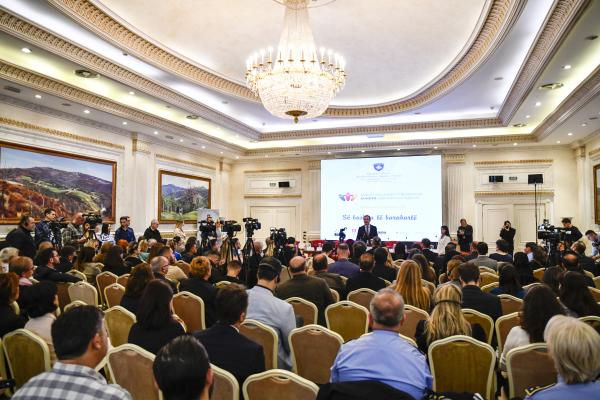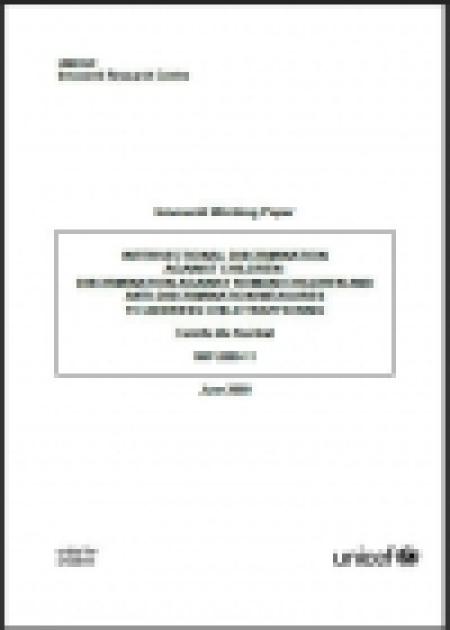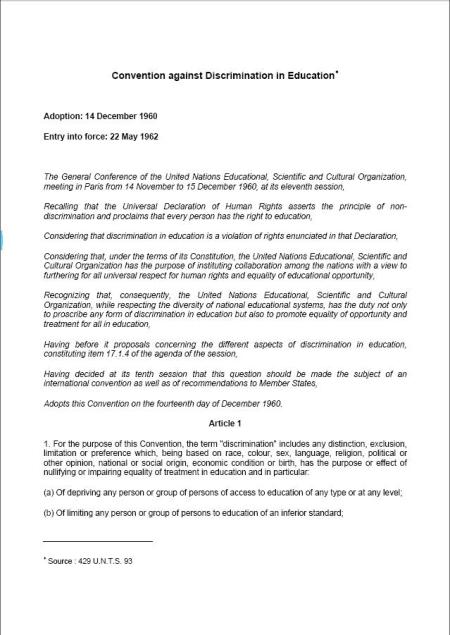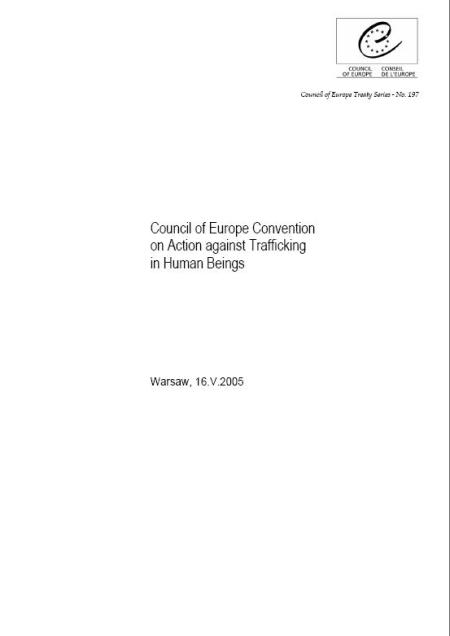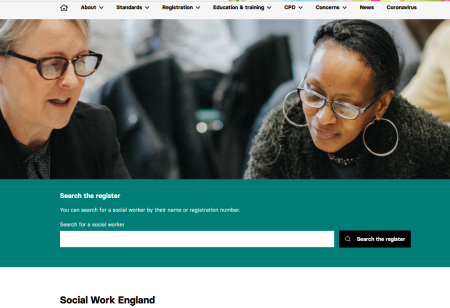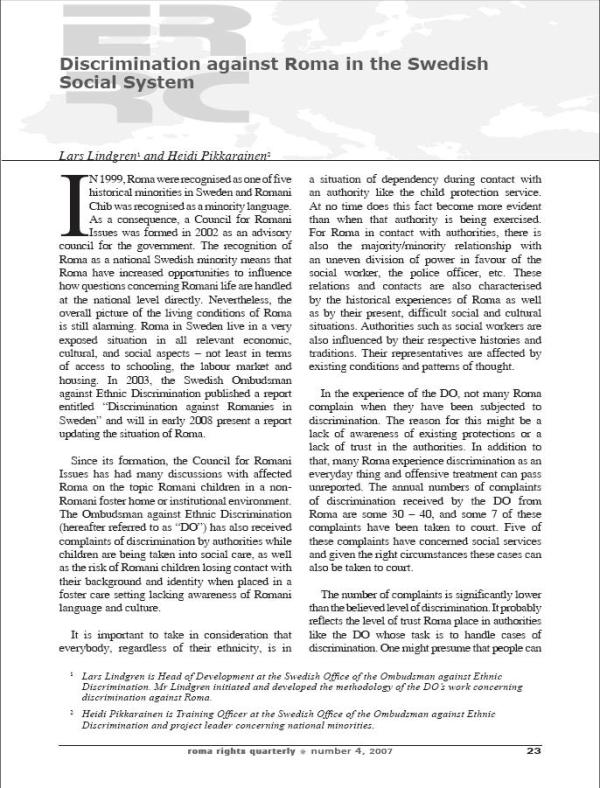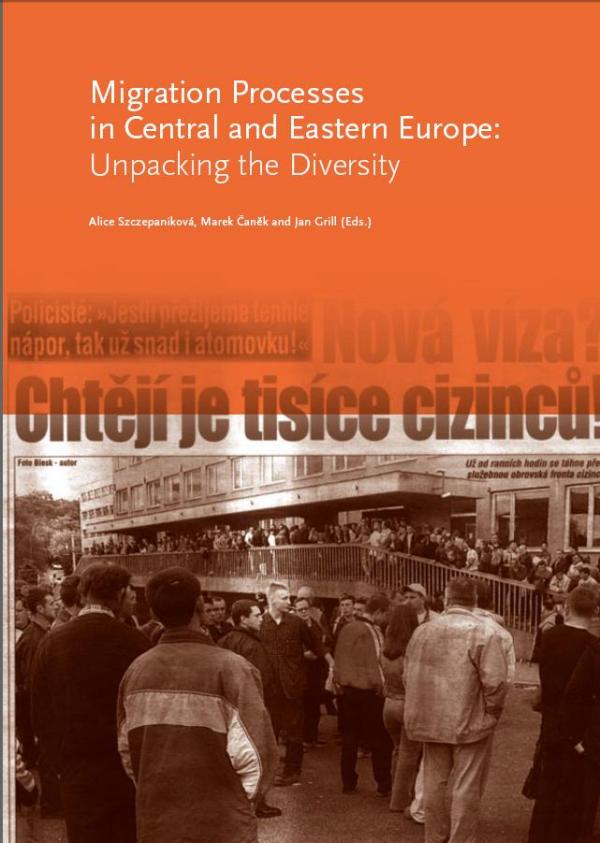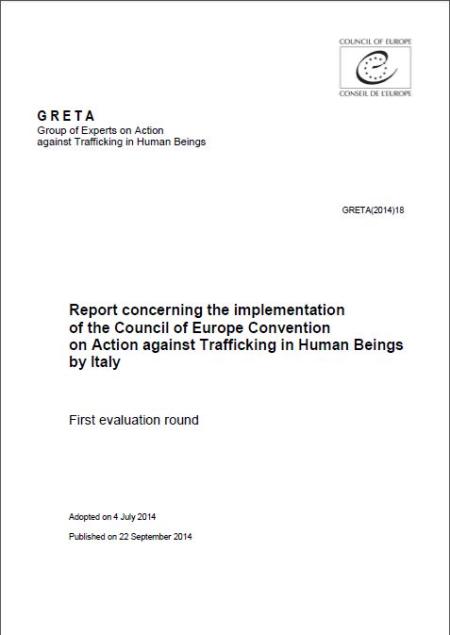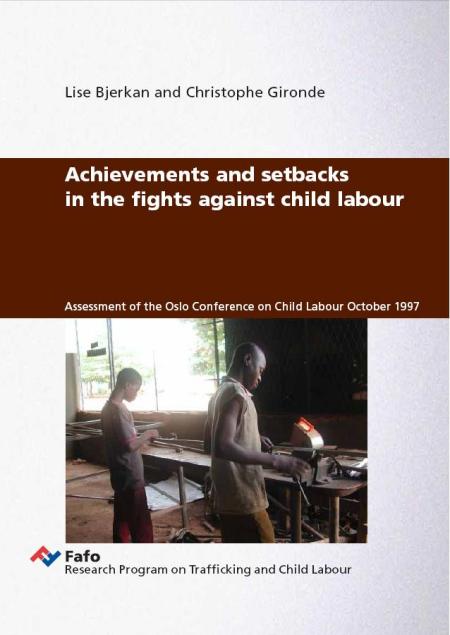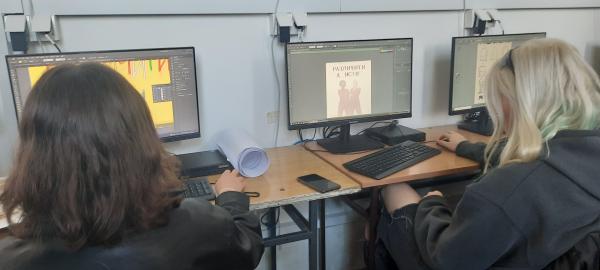
A new annual report about the key challenges and trends in the fight against discrimination in Europe since 2020 was published by the European Commission against Racism and Intolerance (ECRI). The report found that the already existing inequalities in access to education, employment, housing and healthcare were reinforced by the pandemic in 2020, highlighting the need to help governments fight intolerance and discrimination.
With the support of the Council of Europe and one of its bodies, the ECRI, the legal framework for preventing and sanctioning discrimination has become a priority for the Serbian government in 2021.
European Convention on Human Rights
The Council of Europe views the principle of non-discrimination as fundamental; it is enshrined in the European Convention on Human Rights, together with the rule of law, the values of tolerance and social peace.
The European Convention, Article 14, 1949 says: “The enjoyment of the rights and freedom set forth in the Convention shall be secured without discrimination on any ground such as sex, race, colour, language, religion, political or other opinion, national or social origin, association with a national minority, property, birth or other status.”
Over the years, the term “other status” has been broadened and is currently associated with age, gender identity, sexual orientation, health and disability, parental and marital status, immigration status and status related to employment.
Serbia ratified protection against discrimination, Protocol No. 12, in 2005.
Anti-discrimination law in Serbia
Serbia’s methods of adopting and implementing new generations of anti-discrimination legislation has been based on the most significant European institutions’ best practices, like the ECRI, the Advisory Committee of the Framework Convention for the Protection of National Minorities, the European Committee of Social Rights, the Istanbul Convention monitoring body (GREVIO), as well as the Steering Committee on Anti-discrimination, Diversity and Inclusion (CDADI).
Key principles
When working on legislation and policies in Serbia, there are three key principles to pay attention to:
- Fighting discrimination is not a matter of ideology, but of the real lives of real people who suffer it — such as minorities (including Roma), those affected by disability, the LGBTQI community, socially marginalised people experiencing difficulties in accessing political, economic, social and cultural rights;
- It is everyone’s responsibility to combat hate speech, intolerance, xenophobia, racial hatred, antisemitism, islamophobia — issues that directly target minorities, immigrants, women and LGBTQI persons. In order to tackle these discrimination issues, along with the European Union, Serbia launched a joint campaign "Block the Hatred, Share the Love";
- Structures, enforcement, jurisdiction, sanctions and resources play a vital role in the fight against discrimination. Hence, equality and human rights bodies and, implicitly, all bodies need to be empowered to fight discrimination in Serbia. The legislative, executive and judiciary branches of the government need to create and provide the necessary resources for attaining a common goal: equality and diversity for everyone in Serbia.


